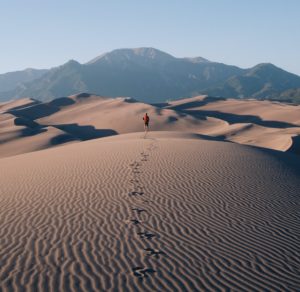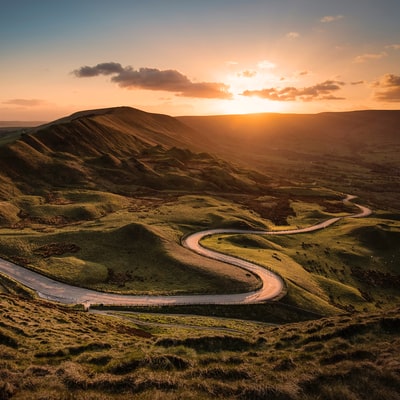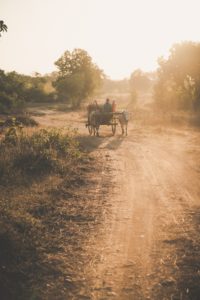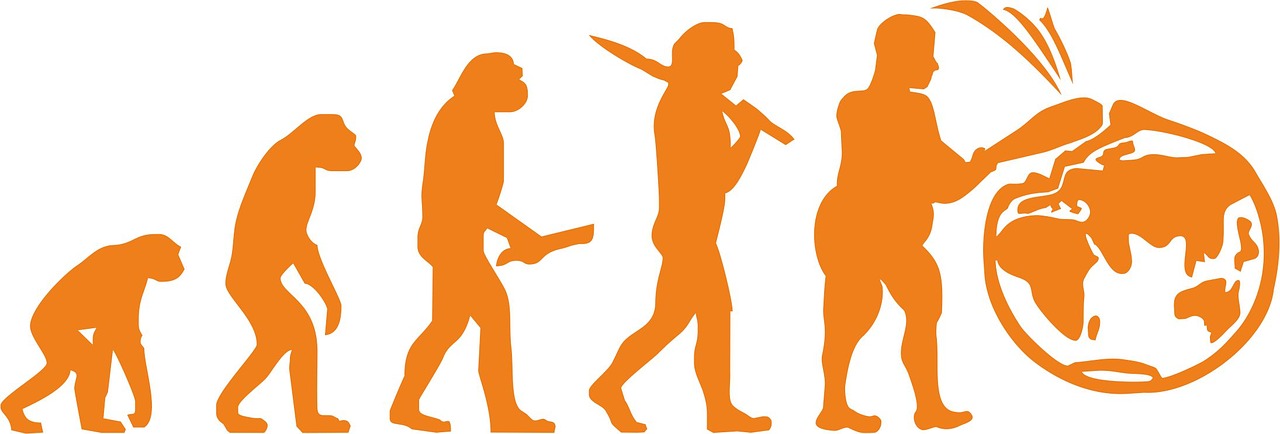
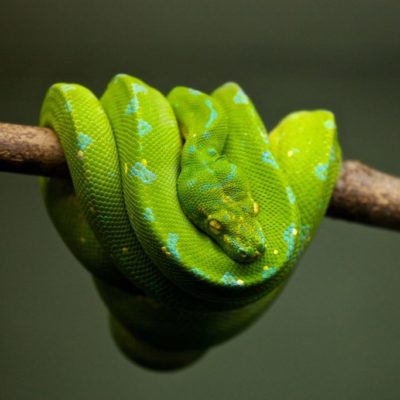
Uncovering the Secrets of the Natural World: The Theory of Evolution
Explain to children in kid friendly terms theory of evolution, including natural selection and adaptation, and discover how different species have evolved over time. This is built as a conversation between my daughter and myself for interactive learning for kids.
Akku: Mom, I learned about the theory of evolution in biology class today and I have some questions. Can you explain it to me more?
Of course, Akku. Evolution is the process by which living organisms change and adapt over time in response to their environment. It’s a natural process that has been occurring on Earth for billions of years.
Akku: Okay, that makes sense. But how does evolution actually happen?
Well, evolution occurs through a process called natural selection. In natural selection, certain traits or characteristics that are beneficial to an organism’s survival and reproduction are passed on to future generations. For example, if a group of animals live in an environment where there is not much food, the animals that are able to find food more efficiently will be more likely to survive and reproduce. Their offspring will then inherit their ability to find food efficiently, and over time, the population of animals will become better adapted to their environment.

Akku: That’s really interesting. So, evolution helps organisms to better survive in their environment?
Exactly. Evolution helps organisms to better survive and thrive in their environment. It’s an ongoing process that helps species to adapt to changes in their environment, such as changes in climate, food availability, and competition with other species.
Akku: I see. So, does that mean that humans have evolved too?
Yes, humans have evolved just like all other living organisms. Our ancestors were different from us in many ways, but over time, we have evolved to better survive and thrive in our environment.

Akku: Can you give me some examples of how humans have evolved?
Sure. One example of how humans have evolved is in our ability to walk upright on two legs. This allowed us to explore new environments and find food more efficiently. Another example is the development of language, which has allowed us to communicate and cooperate with each other. We have also evolved to have a more complex brain, which has allowed us to develop tools, create art, and advance technologically.
Akku: Wow, that’s really cool. It’s amazing to think about how much we have changed and adapted over time.
It is indeed. Evolution is a powerful and fascinating process that has shaped the diversity of life on Earth. It’s important to understand how evolution works, as it helps us to better understand the world around us and our place in it.

Akku: Yeah, I can see how that would be important. Thanks for explaining it to me, Mom.
You’re welcome, Akku. I’m happy to help. Do you have any more questions on the topic?
Akku: Not right now, but I might have more questions later. Thanks again, Mom.
No problem, Akku. I’m always here to help you learn and explore new ideas.
